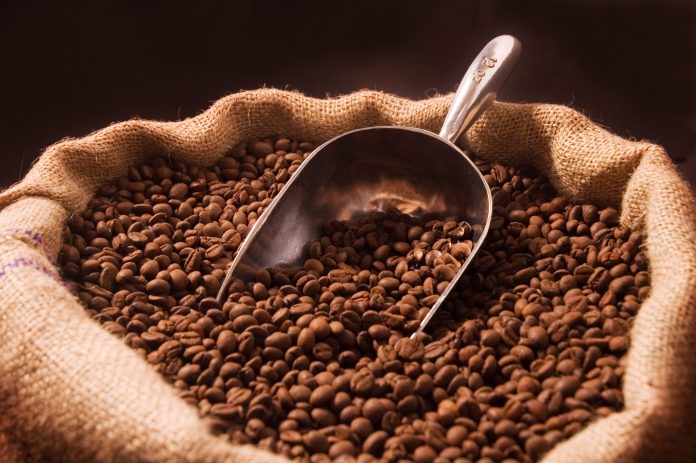A study by UCL and Natural History Museum reveals that insect pollinator decline significantly threatens tropical crops like coffee and cocoa
According to a study led by UCL and the Natural History Museum, tropical crops, including coffee, cocoa, watermelon, and mango, face a precarious future due to declining insect pollinators.
This research uncovers the complex interplay between climate change, land use, and their impact on pollinator biodiversity, raising alarming concerns for global crop pollination.
Vulnerable crops: Coffee and cocoa
The study highlights a disturbing pattern by compiling data from 1,507 global crop sites and cataloguing 3,080 insect pollinator species. The combined pressures of climate change and agriculture have led to substantial declines in the abundance and diversity of insect pollinators, critical for approximately 75% of crops.
Tropical vulnerability
The tropics, especially sub-Saharan Africa, northern South America, and Southeast Asia, are particularly vulnerable to climate and land use changes. Crops such as coffee, cocoa, mango, and watermelon, which rely on insect pollinators, face the most significant threat.
The reduction of these crops could jeopardise local economies and global trade, affecting millions of small-scale farmers.
Hand-pollination challenges
As insects struggle to cope with climate change and land use impacts, the crops dependent on them as pollinators are also at risk. While some crops can be hand-pollinated, this would require more labour and increased costs, further straining agricultural systems.
Mitigating climate change
The study emphasises the importance of pollinator abundance and diversity in delivering essential pollination services. It underscores that efforts to combat climate change can significantly reduce the risks to future crop production, though significant challenges remain.
As the world grapples with climate change, land use, and biodiversity loss, this study reminds us of the vital role played by pollinators in sustaining agriculture and food security.
Urgent global action is necessary to mitigate climate change, slow land use changes, and protect natural habitats to preserve insect pollinators and ensure agricultural sustainability.











